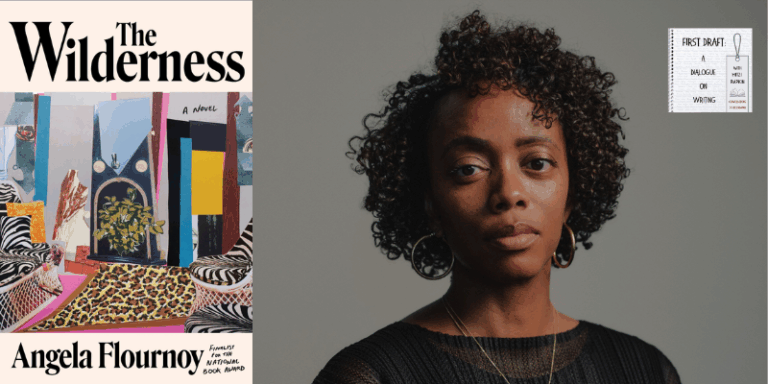In a recent episode of the podcast First Draft, host Mitzi Rapkin engaged in a profound conversation with author Angela Flournoy about her latest novel, The Wilderness. Flournoy’s work, which has already received significant acclaim, including a long listing for the National Book Award and recognition as a finalist for the Kirkus Prize, explores the complexities of experience and narrative structure.
Shifting Perspectives in Narrative
During their dialogue, Flournoy explained her approach to writing The Wilderness, emphasizing a deliberate shift in narrative style throughout the novel. She noted that the early sections, which delve into the characters’ youth, are marked by a “cloud of experience.” This choice reflects a more lyrical narrative quality, allowing for a rich exploration of the characters’ formative moments. As the story progresses and the characters grow older, Flournoy transitions to a more chronological structure that incorporates a retrospective voice.
“When I thought about the sections and most of the non-chronological periods are in the first two parts of the book, I wanted it to feel a little bit like a kind of cloud of experience,” Flournoy stated. She articulated how this approach mirrors the nature of growing up, where understanding evolves with time.
Flournoy’s earlier work, The Turner House, was a finalist for the National Book Award and won the VCU Cabell First Novel Prize. Her distinctive voice and ability to weave intricate narratives have established her as a significant figure in contemporary literature.
Exploring Themes of Change and Perspective
As the conversation progressed, Flournoy addressed a pivotal moment in The Wilderness that fundamentally alters the narrative’s direction. She described how a significant rupture among the characters necessitated a change in storytelling approach. “If this was a book that was about everybody telling their sides, and us seeing everyone, here is a thing that sort of has ruptured this unit in a way,” she explained. This shift highlights the novel’s thematic exploration of collective experience and individual perspectives.
Flournoy’s work extends beyond fiction; her nonfiction writings have been featured in prominent publications such as The New York Times, The Nation, The Los Angeles Times, and The New Yorker. Her ability to articulate complex emotions and societal themes has resonated with readers and critics alike.
Listeners can access the full conversation by subscribing to First Draft on their preferred podcast platform. Flournoy’s insights into her creative process and the evolution of narrative in The Wilderness offer a compelling glimpse into the mind of a writer dedicated to illuminating the intricacies of human experience.
